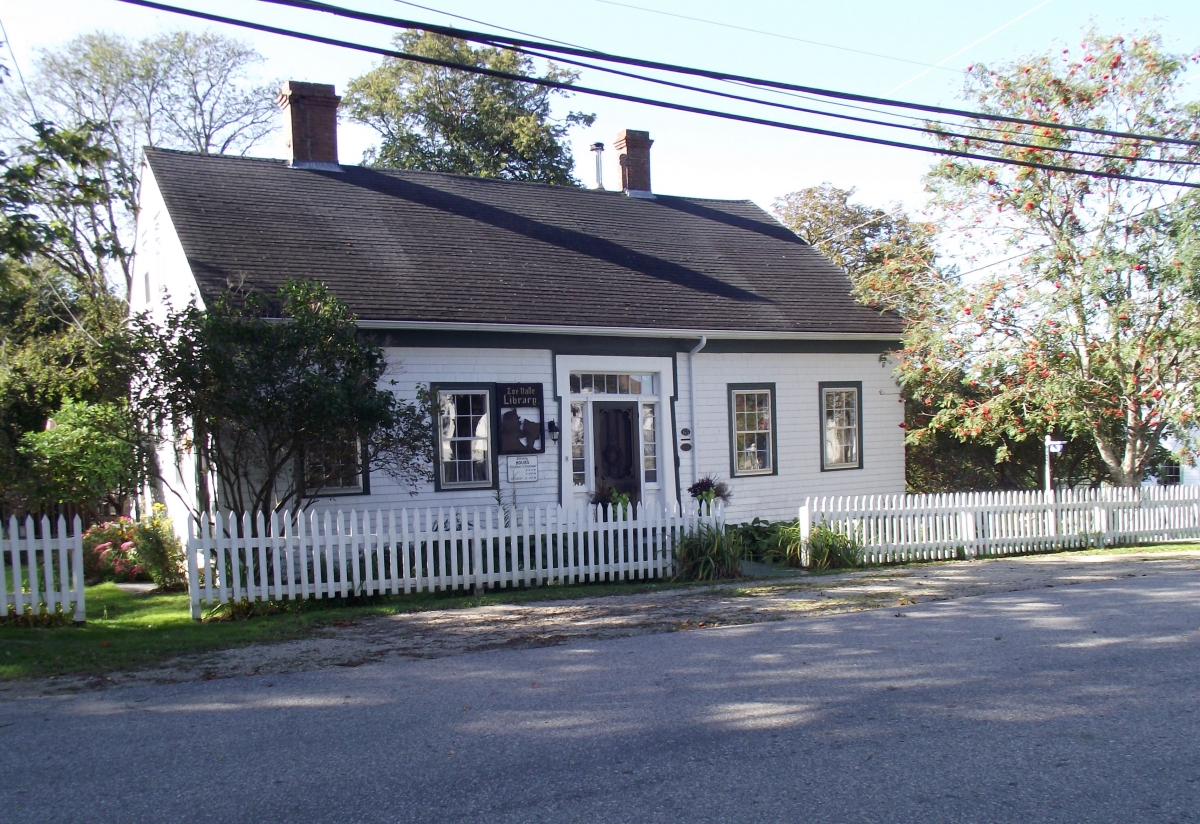
One of the Municipality's greatest cultural riches is its collection of buildings spanning the eighteenth, nineteenth and early twentieth centuries. Whether they are houses, barns, churches, stores or schools, these buildings can be found in a variety of architectural styles and forms of vernacular expression. They help define the spirit and character of our communities, provide us with a sense of place and continuity, and contribute to a unique identity that is cherished by residents and visitors alike.
The Municipality has a Heritage Property By-law (By-Law #76) which allows for the establishment of a Municipal Heritage Advisory Committee and a Registry of Heritage Properties. These tools are enabled under the Heritage Property Act of the Province of Nova Scotia. To date, there are 44 registered Municipal Heritage Properties in the Municipality. These places are recognized for any number of attributes, for example architectural style, materials or detailing, or for their association with a person or event of importance, or because they illustrate an aspect of life in the area that was experiences in times past.
A registered heritage building is just one way to recognize tangible local history. Under the Act, it is also possible to register a streetscape, a heritage conservation district, a public building interior and a cultural landscape (a distinct geographic area uniquely representing the combined work of nature and the people of our Municipality).
Register a Municipal Heritage Property
To register a property as a municipal heritage property, send a letter to the Community Development Department indicating why you think the property is of historical or heritage significance to the Municipality. Provide as much information about the age, the architect or builder, any historical associations, and the method of construction as possible. Your request will be considered by the Area Advisory Committee for the Municipality or for the Village of Chester, which takes the place of the Heritage Advisory Committee. Their recommendation goes on to the Citizens Planning Advisory Committee and then to Council.
Benefits of Registration
A registered heritage property may be eligible for grants or professional assistance offered in programs of the Nova Scotia Department of Communities, Culture and Heritage. This site also contains information on how to register a property of significance to the entire province.
Altering a Registered Heritage Property
When a property is registered, any substantial alteration to the exterior of the building (or to the interior if it is a public building interior), must be approved by Council before work can proceed.
The Municipality uses the Standards & Guidelines for the Conservation of Historic Places in Canada to determine how best to conserve historic places. These standards provide guidance on determining the appropriateness of the work you wish to do.
